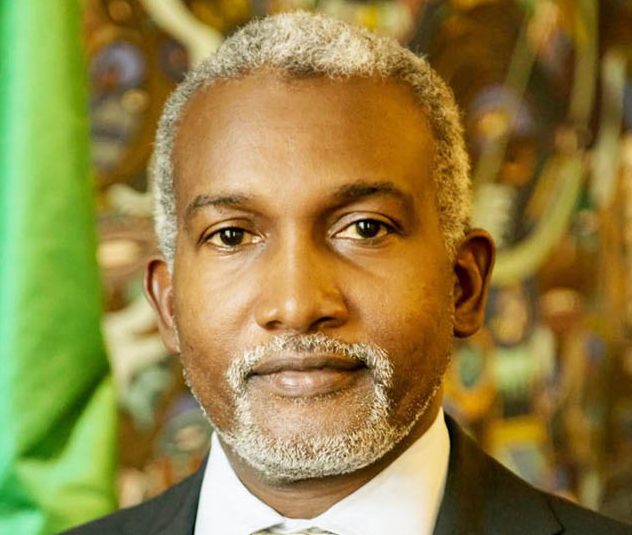Popular video chat website Omegle, shuts down after 14 years
Popular social media network, Omegle, was shut down on Thursday after years of connecting strangers on the Internet.
Launched in 2009, the video chat site which enabled users to meet with new people from all across the world ceased operations 14 years after its inception.
The Chief Executive Officer, Leif K-Brooks, made the announcement on Thursday stating that the “battle” to keep the service afloat “has been lost.”
In the statement which featured the image of a gravestone with “Omegle” printed on it, K-Brooks emphasised that the service had several highlights throughout the years, most especially forging positive connections all across the world.
However, he also mentioned that some people used the site to “commit unspeakably heinous crimes”.
The statement read in part, “Over the years, people have used Omegle to explore foreign cultures; to get advice about their lives from impartial third parties; and to help alleviate feelings of loneliness and isolation. I’ve even heard stories of soulmates meeting on Omegle, and getting married. Those are only some of the highlights.
“Unfortunately, there are also lowlights. Virtually every tool can be used for good or for evil, and that is especially true of communication tools, due to their innate flexibility. The telephone can be used to wish your grandmother ‘happy birthday’, but it can also be used to call in a bomb threat. There can be no honest accounting of Omegle without acknowledging that some people misused it, including to commit unspeakably heinous crimes.
“Omegle’s moderation even had a positive impact beyond the site. Omegle worked with law enforcement agencies, and the National Center for Missing and Exploited Children, to help put evildoers in prison where they belong. There are ‘people’ rotting behind bars right now thanks in part to evidence that Omegle proactively collected against them, and tipped the authorities off to.”
Despite the efforts invested in ensuring the service keeps functioning, K-Brooks admitted that operating the service was no longer “sustainable, financially nor psychologically”.
“Unfortunately, what is right doesn’t always prevail. As much as I wish circumstances were different, the stress and expense of this fight – coupled with the existing stress and expense of operating Omegle, and fighting its misuse – are simply too much. Operating Omegle is no longer sustainable, financially nor psychologically. Frankly, I don’t want to have a heart attack in my 30s.
“The battle for Omegle has been lost, but the war against the Internet rages on. Virtually every online communication service has been subject to the same kinds of attack as Omegle; and while some of them are much larger companies with much greater resources, they all have their breaking point somewhere,” he wrote.
While Omegle has existed since 2009, the service experienced a surge in users during the Covid-19 pandemic. It has remained popular since then with several recording of users’ video chats going viral on other social media platforms.
However, with the increased popularity also came scrutiny from critics with many claiming that the service become a haven for sexual predators.
In July 2022, Omegle was dragged to court by a user who claimed that the company paired her a pedophile when she was 11 years old. The plaintiff claimed the predator went on to sexually exploit her, demanding for nude pictures and issuing threats against her for a period of three years.








